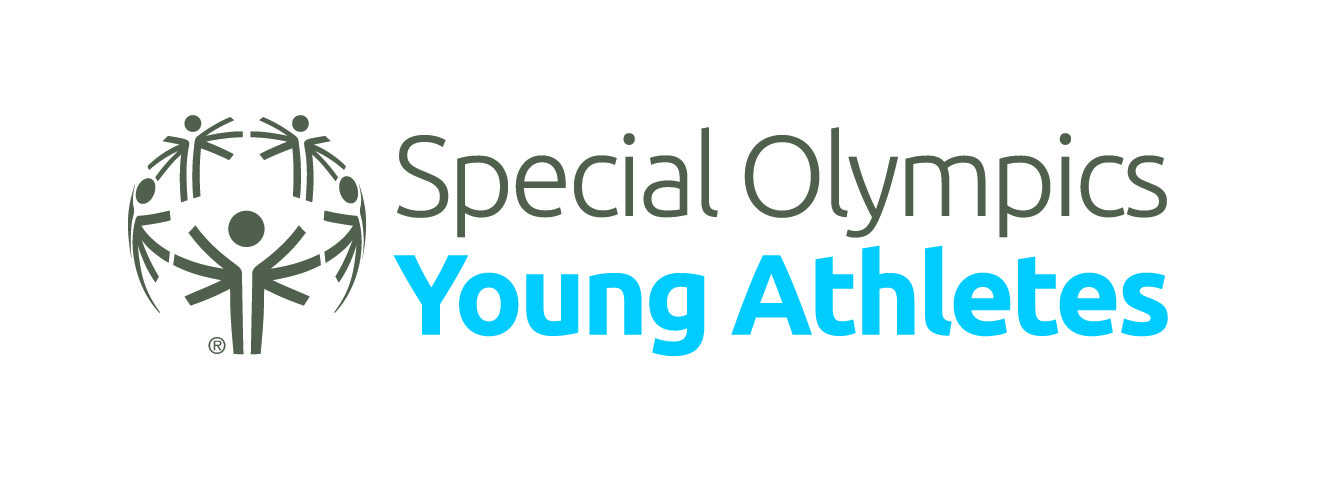Young Athletes welcomes children and their families into the world of Special Olympics by showing how all children can be valued for their talents and abilities.
INTRODUCTION TO YOUNG ATHLETES
Special Olympics Young Athletes is a sport and play program for children with and without intellectual disabilities (ID), ages 2 to 7 years old. Young Athletes introduces basic sport skills, like running, kicking and throwing. Young Athletes offers families, teachers, caregivers and people from the community the chance to share the joy of sports with all children.
Young Athletes provides children with activities and games that meet their individual skill and ability levels, while allowing them to play together in a fun and inclusive environment. The program shows that all children should be valued for their talents and abilities. Children of all abilities take part, and they all benefit.
- Children learn how to play with others and develop important skills for learning. Children also learn to share, take turns and follow directions. These skills help children in family, community and school activities.
- Young Athletes is a fun way for children to get fit. It is important to teach children healthy habits while they are young. This can set the stage for a life of physical activity, friendships and learning.
- Young Athletes is easy to do, fun for all, and is free to participants.
BENEFITS OF YOUNG ATHLETES
Through Young Athletes, all children, their families and people in the community are welcomed into the world of Special Olympics and can be a part of an inclusive team. Everyone benefits from Special Olympics Young Athletes.
- Motor skills. Children with ID who took part in an eight-week Young Athletes curriculum saw development in motor skill.
- Social, emotional and learning skills. Parents and teachers of children who took part in the Young Athletes curriculum said the children learned skills that they will use in pre-primary school. The children were more enthusiastic and confident. They also played better with other children.
- Expectations. Family members say that Young Athletes raised their hopes for their child’s future.
- Sport readiness. Young Athletes helps children develop important movement and sport skills. These skills get them ready to take part in sports and recreation activities when they are older.
- Acceptance. Inclusive play has a benefit for children without ID as well. It helps them to better understand and accept others.

